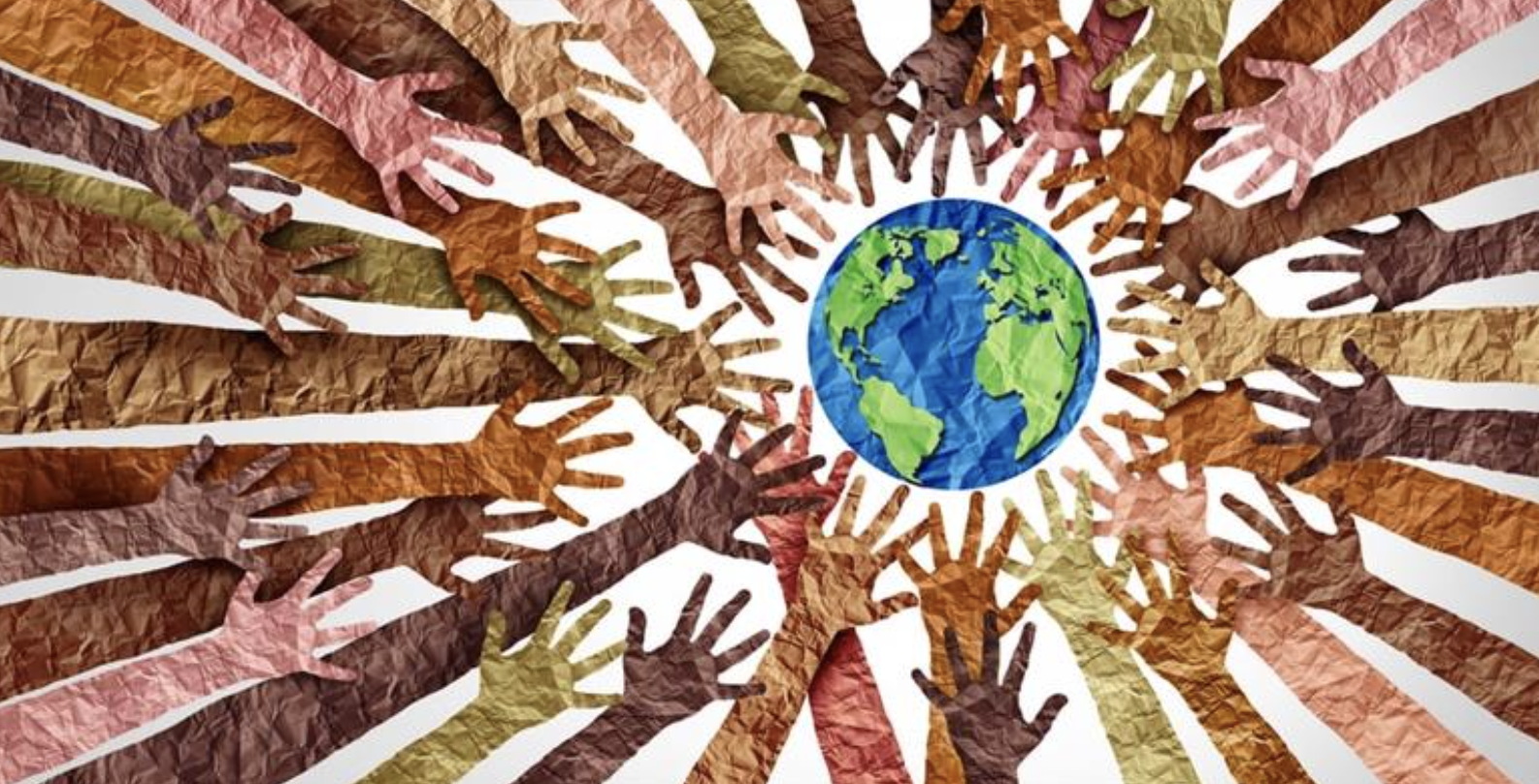International Women's Day 2024
Climate Resilience & Equity
How Climate Change Impacts the Care Economy
Climate change exacerbates care needs, with women and girls disproportionately shouldering increased caregiving responsibilities caused by more frequent and severe natural disasters, displacements, and disrupted services.
Economic policies should consider caregiving at all levels of reforms in line with the International Labour Organization’s 5R Framework for Decent Care Work. Fair care systems and gender equality are crucial for economic progress, especially in the face of worsening climate challenges. At Cadmus, we recognize the interconnectedness between social and environmental factors in designing resilient strategies, helping clients integrate care considerations into their programs.

Supporting APEC with Gender-Inclusive Climate Solutions
Cadmus is supporting the Asia-Pacific Economic Community (APEC) economies identify ways to advance women’s participation to develop solutions across climate-related challenges. The ongoing work, led by Cadmus under the USAID US Support for Economic Growth in Asia (US-SEGA) project in close collaboration with the US Department of State’s Global Women’s Issues office, helps governments and practitioners better integrate women into environmental solutions and access best practices for further policymaking and reforms.
Building Equity & Environmental Justice
 Cadmus provides the U.S. Environmental Protection Agency (EPA) with extensive expertise in water and climate sectors for the Creating Resilient Water Utilities (CRWU) program.
Cadmus provides the U.S. Environmental Protection Agency (EPA) with extensive expertise in water and climate sectors for the Creating Resilient Water Utilities (CRWU) program.
Through the CRWU program, Cadmus is dedicated to cultivating resilient and sustainable communities nationwide, with a strong focus on environmental justice. This entails guaranteeing fair treatment and active engagement in environmental policies and practices, regardless of race, income, or ethnicity. Access to water on equitable terms is paramount for effectively confronting climate change, especially as socioeconomic gaps exacerbate the vulnerability of communities. Minority, low-income, and Tribal groups are disproportionately at risk from climate-related water challenges due to resource constraints and limited participation in adaptation initiatives.
To tackle these challenges, water utilities can embrace an environmental justice approach to climate change, implementing measures that ensure fair water distribution and align with community priorities. As essential service providers and guardians of public health, utilities play a central role in supporting communities and reducing inequality amid climate challenges.
The CRWU program also introduces the Climate Resilience Evaluation and Assessment Tool (CREAT), a tool for assessing climate change risk in water utilities. Powered by aggregated climate data, CREAT offers a flexible framework for evaluating risks and making decisions, and Cadmus guides utilities through CREAT exercises, discussing future climate scenarios and identifying risks to the utility, community, and economy. These interactions result in monetized risk assessments and adaptation measures that utilities can use to inform decision-making around the monetary benefits of proactive climate adaptation.
In 2023, Cadmus conducted over 55 exercises, with 20 more planned for 2024, spanning diverse settings and working with both public and private utilities, including Puerto Rico and urban centers with a population of 19 million.